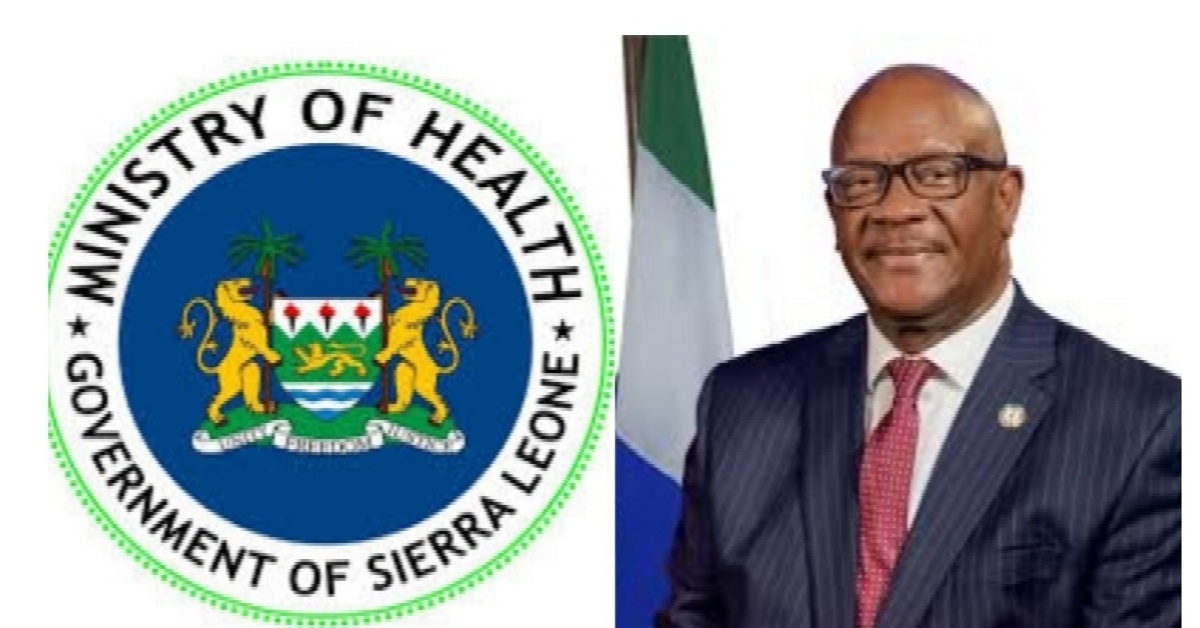Ministry of Health and Sanitation (MoHS) and the National Public Health Agency (NPHA), in collaboration with the Ministry of Social Welfare, have launched specialized Information.
Education, and Communication (IEC) materials focused on the health threats of Lassa fever, Ebola, and Mpox.
This initiative is designed to ensure that individuals with disabilities have accessible, clear, and tailored information about these diseases, enabling them to stay informed and protected.
The orientation session, supported by the health communication organization Breakthrough ACTION, was held at the Ministry of Social Welfare’s Conference Hall in Freetown, where stakeholders and representatives from disabled communities gathered to discuss the importance of inclusive health communication.
Attendees emphasized the need for reliable and comprehensible public health materials for disabled individuals to address common barriers to accessing essential health information.
These IEC materials cover key aspects of Lassa fever, Ebola, and Mpox, including symptoms, transmission, prevention, and treatment options. They are specifically designed to meet the diverse needs of the disabled community, incorporating accessible formats such as large print, braille, simplified language, audio recordings, and visual aids to reach individuals with various disabilities.
The development process involved consultations with disability advocates to ensure that the materials addressed practical needs and communicated
effectively.
This program underscores the commitment of MoHS, NPHA, and the Ministry of Social Welfare, to promote inclusivity in health awareness and outbreak preparedness.
By providing accessible health information, the initiative aims to empower disabled individuals with vital knowledge, allowing them to make informed decisions and take preventive measures in case of an outbreak.
In a statement at the launch, a representative from the Ministry of Social Welfare emphasized that health inclusivity is crucial to improving health outcomes for everyone in society. This initiative is expected to not only enhance awareness among disabled persons, but also contribute to broader public health goals by fostering resilience and preparedness across all sectors of society.
In future phases, MoHS and NPHA plan to expand this approach to other health topics and continue engaging disabled communities in the design of inclusive health communications, reinforcing their commitment to an equitable health system.











